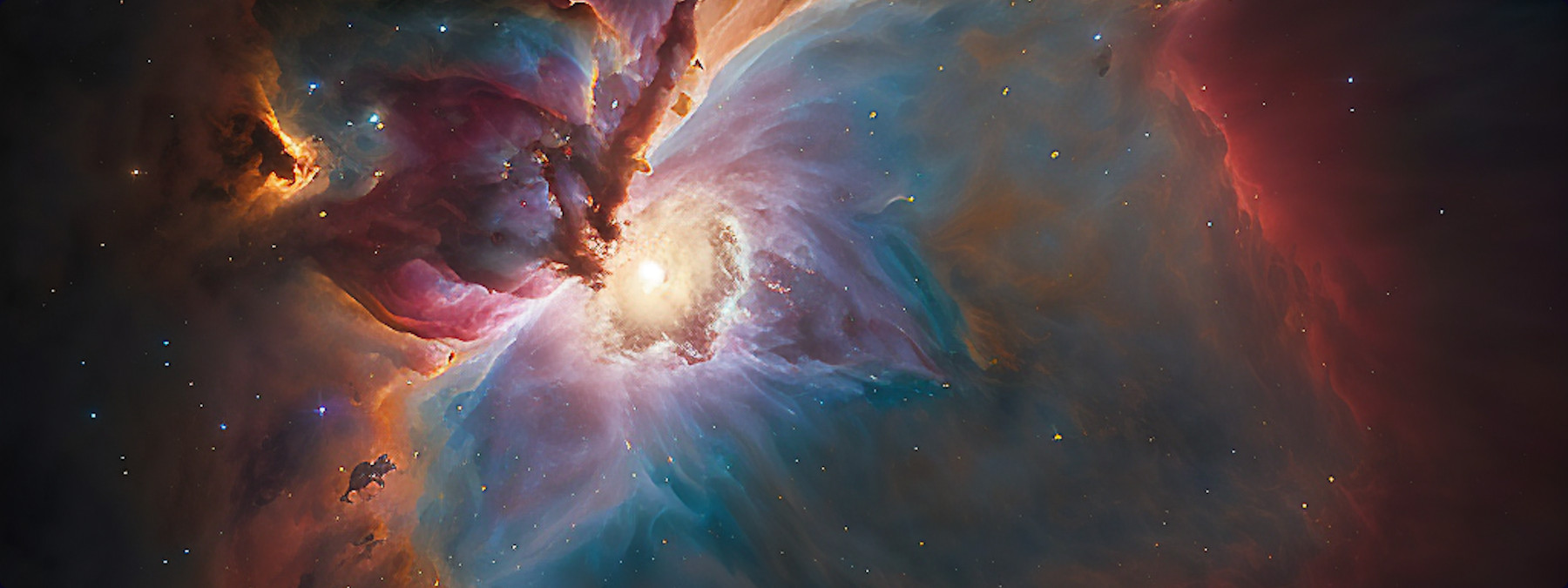Chirodans
Chirodans are a large family of mammals native to three continents on Planet Collena. They range in size from the Greater Kesmodons, to the medium sized Domesticated Kesmodons that are familiar to nearly every living Regalti, to the tiny gliding Tronodons that live in large groups and swarm their prey. Kesmodons were domesticated by the Regalti many thousands of years ago and is the most common pet and/or working animal on Collena, as well as the worlds of Sephar and Senon and many of the Stellar Regalti living in space.
Etymology
The scientific classification for all Collena lifeforms uses the similar Earth-based classification all the way to the family or genera level for quick familiarization. Chirodans are mammals and carnivores.
Chirodan is from Bevarian, and means basically the same thing as the "Canidae" family of Earth. that is, Chirodan is a biological family of dog-like carnivorans (though nearly all Chirodans on Collena are omnivorous in some way. Some are evolved to only hunt one or two species of animal, and some are evolved to only eat plants).
"Kesmodon" is from Bevarian. 'Keso' means Feather, and the closest english translation of 'Modon' is dog. Put together, Kesmodon or Feather Dog. "Lekira" is from Vevari, and the closest english translaton is "wolf".
"Tronodon" is another Bevarian word. 'Trono' means 'Half-flying', or gliding, and 'Modon' means dog. "Leodon" comes from "Lenda" which means claw.
Evolution
Chirodans split off from other carnivores of Collena around 55 million years ago. It is thought that like many mammals, Chirodans lived in the trees and crawled down to adapt to life on the ground. Their specific adaptations include their powerful jaws and feet adapted for running and jumping, their highly developed senses of smell and hearing, and their social evolution.
Despite looking quite different, Tronodons split off from the main group of Chirodans rather recently, around 12 million years ago. They climbed back into the trees, and eventually evolved a lifestyle centered around gliding and overwhelming larger prey with numbers.
Most other Chirodans are rather closely related and they all look similar to each other. the Lekira/Kesmodon genera lost the ability to retract their claws just over half a million years ago to better adapt to their ground-based running lifestyle, while isolated populations of the Leodon genera still have their retractable claws.
Classification
Kingdom: AnimaliaPhylum: Chordata
Class: Mammalia
Order: Carnivora
Family: Canidae (Chirodan)
Common Name(s):
Kesmodon (Common)
Tronodon (Common)
Lekira (Vevari)
Geographic distribution
Global Distribution: Distribution across the continent of Kenerif: ███ : Plains Lekira███ : Greater Kesmodon
███ : Tundra Lekira
███ : Highlands Lekira
███ : Ancestor Lekira
███ : Northwestern Lekira
███ : Island Leodon
███ : Table Leodon
███ : Wetlands Lekira
███ : Tropical Leodon
((Not pictures are Tronodons, which have a dozen species spread across the entire continent))





Comments